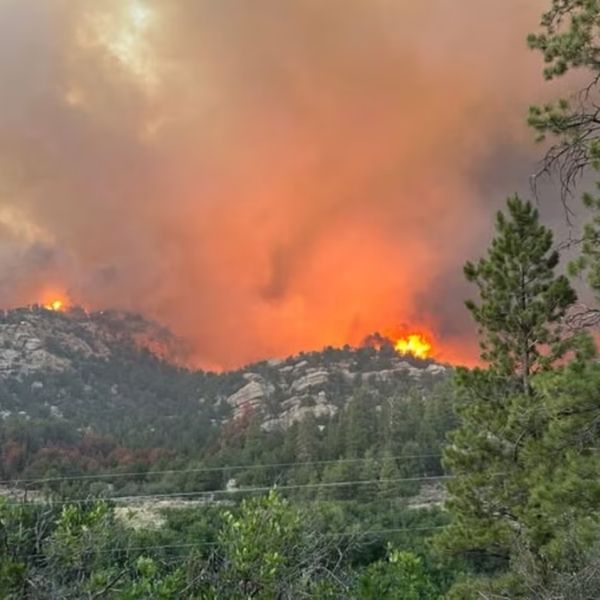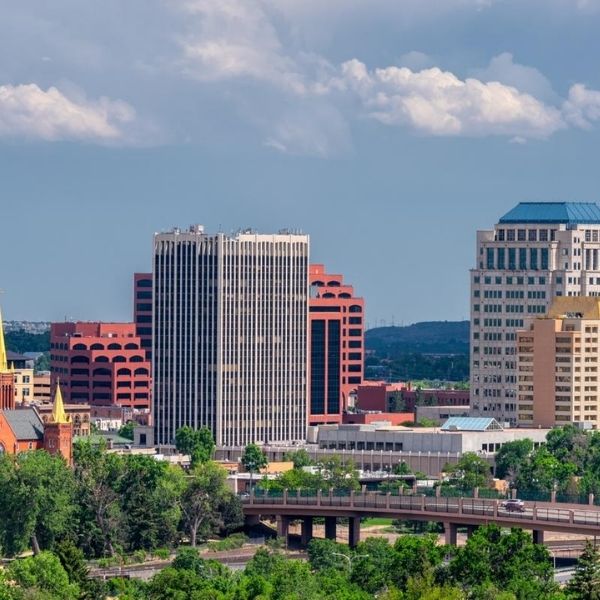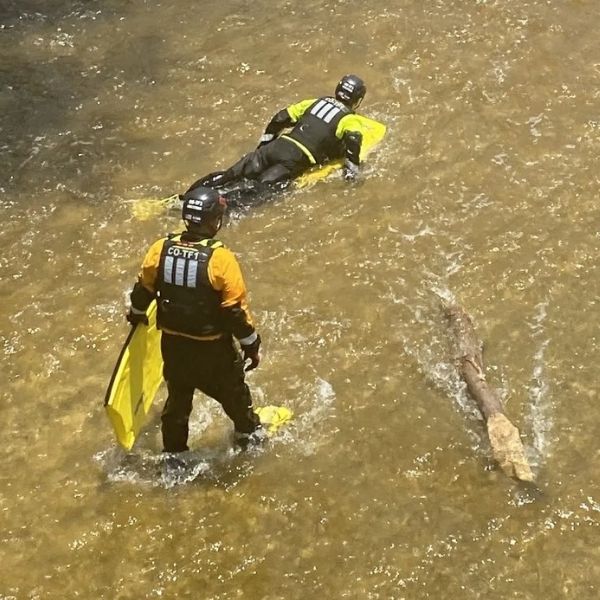Senator Mike Lee (R-Utah) has withdrawn a proposal to sell millions of acres of public land after facing overwhelming public and bipartisan political opposition. The plan, originally included in the FY25 Budget Reconciliation bill, would have directed the Bureau of Land Management (BLM) and U.S. Forest Service (USFS) to sell off 2.2 to 3.3 million acres of federal lands across 11 Western states, including Colorado, Utah, and California.
Public Outcry and Political Pressure
The backlash was swift. Environmental groups, outdoor recreation advocates, and even fellow Republicans from Western states spoke out against the measure. At least four GOP senators signaled they would support an amendment to strike the proposal from the bill. On Sunday, June 29, Senator Lee officially announced on X (formerly Twitter) that he was removing the proposal.
Lee cited “sincere concerns from the public” and a lack of safeguards to prevent foreign entities like “China” or investment firms like BlackRock” from buying the lands. He also acknowledged that the budget reconciliation process made it impossible to ensure the lands would go exclusively to American families.
Still, Lee doubled down on his belief that “the federal government owns far too much land” and vowed to continue pushing for reforms to make public lands “more usable” for rural communities.
Conservation Groups Celebrate Victory
Environmental organizations and outdoor groups hailed the withdrawal as a major win for public land protection.
-
Tracy Stone-Manning, President of The Wilderness Society, praised the groundswell of grassroots activism:
“Americans from all corners spoke out in unprecedented numbers… Our public lands are common ground, uniting us in the fight to protect them.”
-
She also warned of other “harmful provisions” in the bill aimed at leasing millions of acres to oil and gas companies at discounted rates.
-
Joel Pedersen, CEO of the Theodore Roosevelt Conservation Partnership (TRCP), said on Instagram:
“This outcome affirms our long-held belief: when we unite, we win… Reconciliation is not the appropriate vehicle for public land sales.”
He thanked bipartisan lawmakers and credited the success to grassroots mobilization and bipartisan opposition.
What’s Next?
Though the immediate threat of mass land sales has been halted, conservation leaders say the fight isn’t over. With other parts of the FY25 bill still aiming to prioritize resource extraction, advocacy groups are gearing up for further challenges.
“Future generations are counting on us,” said Stone-Manning, “to remain vigilant against any more attempts to sell off our public lands.”
This episode highlights the enduring significance of America’s public lands—not just as scenic spaces, but as vital parts of the national identity, economy, and ecological heritage.
















Leave a Reply